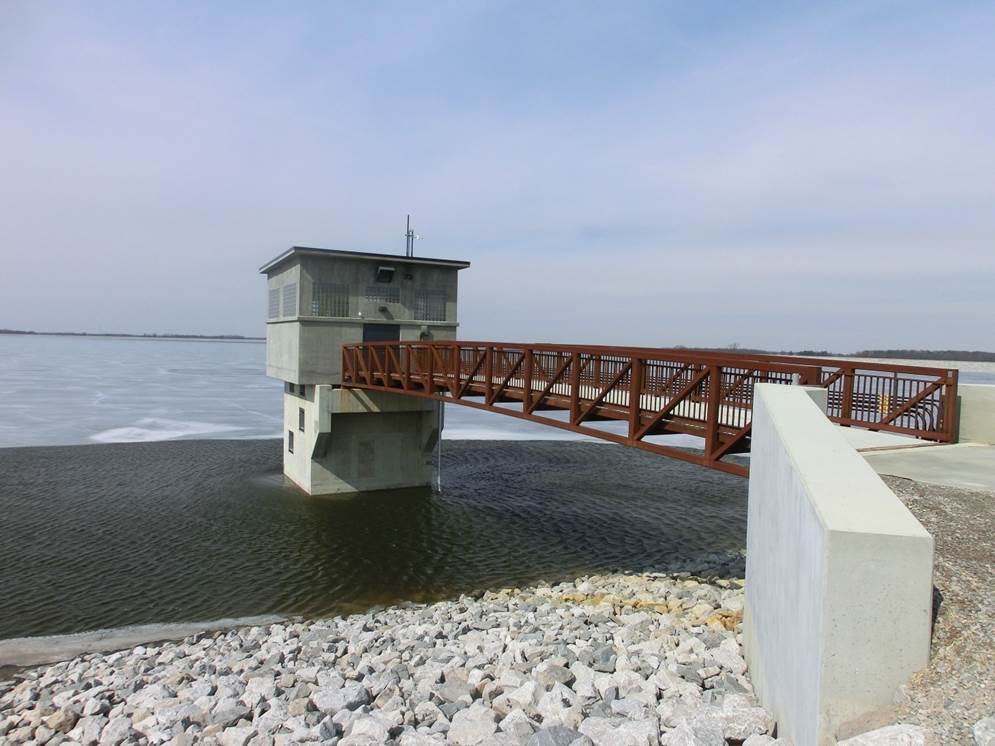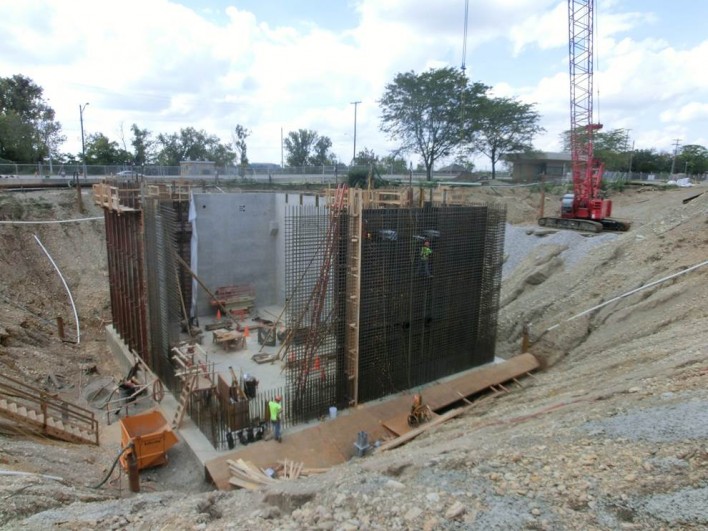
This project involved the survey and testing of ten city blocks in Columbus, Georgia and the stripping and data recovery of 4.5 city lots by Southern Research Historic Preservation Consultants. These cases tested the limits of property rights as a marker of kinship, legitimacy, and freedom. Their choices triggered three court battles through which African American women, slaveholding siblings, cousins, and illegitimate children battled for their share of the fortune, using ideas about dependency, racial identity, and religious affiliation to shape their appeals to the community and the courts. Through the power of testamentary freedom, the Simons men openly recorded their own definition of legitimacy and expected the state to support their wishes.
COLUMBUS WATER WORKS ALEXANDER STREET FREE
Like the planters they emulated, they had sexual liaisons with enslaved and free women of color and kept close ties with their mixed-race children. These five Ashkenazic Jewish brothers moved from England to the Low Country in the years surrounding the American Revolution and became wealthy merchants, land speculators, and slave owners. This article analyzes the culture of inheritance within the Simons family of Charleston, South Carolina, during the early republican period. Less attention has been paid to the ways that elite Southern men espoused the values of paternalism and domesticity while defying them in practice through their creation and maintenance of interracial households.

That constitutes a great loss to them and to society, one that this exhibition is a small contribution toward filling.įrom the northern middle-class household to the southern slave market, historians of the antebellum United States have broken through the ideological walls dividing the public and private spheres, revealing the inseparability of home and market. Today, even fewer American Jews have much awareness of the journey, its aftermath or how it shaped the country in which they live. But for the Jews who came to America long after the Civil War, the role that Jews played in that conflict, which made that tolerant host society possible, was largely an unclaimed inheritance. By 1900, the Jewish population in the United States had exploded, as waves of European Jews found themselves in the most tolerant host society Jews had ever encountered. The “Golden America” encountered by millions of Jews and other immigrants in the late nineteenth and early twentieth centuries was refined in that passage through the fire.

America as we understand it emerged from that examination of conscience.

The greatest of these gifts may have been the answer that emerged to the question, what kind of country will emerge from this conflict? That answer will always be contested to some degree, but it seems to have been this: one with a broad concept of citizenship and great latitude for religious and cultural diversity.

That Jews brought their talents, skills, networks, energy, ingenuity, courage, readiness to sacrifice, and passion to the search for answers to countless urgent questions that arose in the war constituted a real gift to the country. The aftermath of the Civil War brought new forms of racism and antisemitism into being, yet for Jews, their passage through the fire had made them generally more secure in American society, readier to assert a role in public life, and better able to advance in the realms of finance, commerce and manufacturing.


 0 kommentar(er)
0 kommentar(er)
